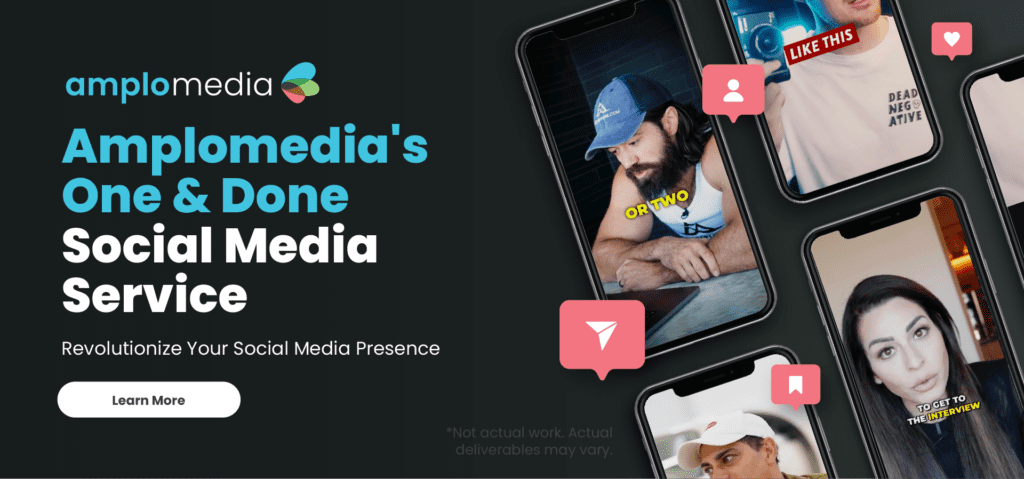AI is changing the way marketers create content. From generating ideas to optimizing for SEO, AI can save time and improve efficiency. But while AI is a powerful tool, it’s not a substitute for human creativity, authenticity, and ethical responsibility.
Using AI irresponsibly—such as publishing unedited, generic, or misleading content—can hurt your brand’s credibility. The key is to balance AI’s capabilities with human oversight, ensuring content remains valuable, engaging, and aligned with your brand’s voice.
Understanding AI’s Role in Marketing Content
AI is a powerful assistant in content creation. It can:
- Generate ideas by analyzing trends and suggesting relevant topics.
- Optimize for SEO by recommending keywords and improving readability.
- Personalize content by analyzing user data and tailoring messaging.
- Automate repetitive tasks like scheduling social media posts or running A/B tests.
However, AI isn’t perfect.
It lacks emotional intelligence, struggles with originality, and can produce misleading or biased information. That’s why human oversight is essential.
Best Practices for Using AI Responsibly
1. Keep Human Oversight at the Core
AI-generated content should never go live without human review.
- Edit for clarity and engagement. AI can create awkward phrasing that needs refining.
- Fact-check information. AI doesn’t always verify sources, so manual research is crucial.
- Ensure consistency with brand voice. AI lacks the ability to fully capture brand personality and tone.
2. Maintain Authenticity and Brand Voice
AI can assist with content creation, but it shouldn’t strip away originality.
To keep your brand voice strong:
- Use AI for research, not storytelling. Let AI suggest structure, but add human insights.
- Incorporate personal anecdotes and real-world examples. AI-generated text can feel generic.
- Train AI tools with brand guidelines. This helps maintain consistency across content.
3. Use AI Ethically
AI must be used with transparency and fairness.
- Avoid plagiarism. AI pulls information from various sources—always check for originality.
- Disclose AI-generated content when appropriate. Transparency builds trust with your audience.
- Monitor for bias. AI models reflect the data they’re trained on, which can introduce unintentional bias.
Enhancing Impact: AI as a Collaborative Partner
AI works best as a collaborator, not a creator.
It can speed up research, suggest relevant keywords, and structure content for better readability. But human marketers should always refine the final product.
For example, if AI generates a blog post about SEO trends, it might create a well-structured but generic draft. A human writer can then add expert insights, real-life examples, and a compelling narrative. AI provides efficiency, but human creativity makes content truly engaging.
Pitfalls to Avoid When Using AI in Content Writing
Misusing AI can lead to ineffective or even harmful content. Some common mistakes include:
- Publishing AI-generated content without review.
- Over-automating messaging, making it feel robotic.
- Relying too heavily on AI, resulting in uninspired or generic content.
Readers can tell when content lacks a personal touch. AI should speed up the process, not replace strategic thinking. Human marketers must refine AI-generated drafts to ensure they feel natural, engaging, and aligned with brand values.
How AI Can Improve SEO Without Sacrificing Quality
AI is often used to optimize content for search engines, but some marketers make the mistake of prioritizing algorithms over user experience. This leads to keyword-stuffed, low-value content that ranks poorly in the long run.
The best way to use AI for SEO is to focus on relevance and readability. AI can suggest high-ranking keywords and optimize structure, but the content must remain useful and engaging for readers. Search engines prioritize high-quality content that answers user questions and keeps them engaged.
To maximize SEO impact:
- Use AI tools like Clearscope or SurferSEO to identify relevant keywords.
- Ensure AI-generated headlines and subheadings are clear and compelling.
- Avoid keyword stuffing—AI should enhance readability, not disrupt it.
- Regularly update AI-assisted content to keep it fresh and relevant.
When done right, AI can help improve search rankings without sacrificing quality.

The Future of AI in Content Marketing
AI will continue to evolve, offering even more sophisticated tools for content creation. However, the need for human creativity will never disappear. The brands that succeed will be those that use AI strategically—leveraging automation while maintaining a strong, authentic voice.
In the future, AI may assist with real-time content personalization, predictive analytics, and more intuitive content recommendations. But no matter how advanced AI becomes, storytelling, emotional intelligence, and ethical considerations will always require a human touch.
Striking the Right Balance Between AI and Human Creativity
AI is a valuable tool for content marketing, but responsible use is key. The most effective strategy blends AI’s efficiency with human oversight, creativity, and ethical considerations.
Want to learn more about creating high-impact, SEO-friendly content? Read How to Write Stellar SEO Content That Ranks for expert tips.
